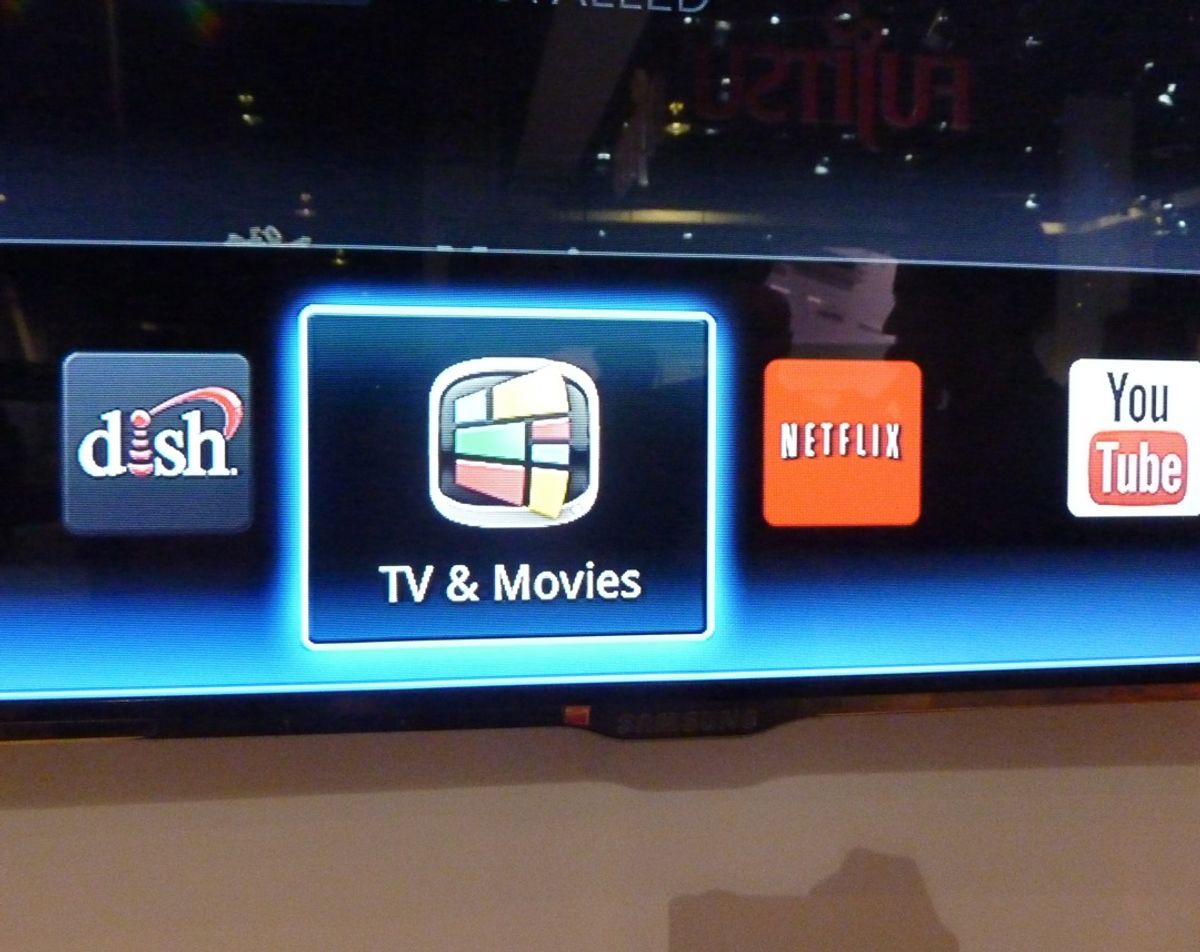Google announced its smart TV platform, Google TV, in 2010. So some expected that this would not just be the year of smart TV, it would be the year of Google TV. But after spending last week at CES 2012 in Las Vegas, I don’t think so.
A few TV manufacturers did announce that they are including Google TV in a few products, including LG and Vizio. But they made these announcements with little flash, rather, it seemed as if it were a hedge-our-bets-move, that is, it wouldn’t cost them much to build in Google TV and they’d rather have it than not,
Still, hedging my bets as well, I did check out Google TV. I spoke with Google’s Paul Saxman at the Marvell booth, and asked him to convince me that I should care about Google TV. He did impress me with the platform’s search features—not unexpected, given search is what Google is all about. It’s clear Google TV is not designed for someone who likes to channel surf; rather it’s for the person who knows what he wants and just needs to know where to find it. A fan of a particular show would pick up the keyboard that doubles as the remote and search for that show. The search results will tell him if and where he can watch episodes; right now or later in the day; broadcast, cable, satellite, and Internet services (including YouTube and Netflix, but not Hulu at this time); free and paid. It’s also for the person who might suddenly get the urge to play Angry Birds on the big screen, all Android apps work on Google TV.
But Google TV is not all that different from other smart TV interfaces that integrate online services like YouTube and Netflix with live television, though Saxman did argue that Google’s YouTube interface is a lot
And with all the attention paid to new interfaces at CES, the thought of needing a keyboard to talk to my TV doesn’t seem particularly appealing.
Will Google TV catch on? Maybe, if nothing better comes along. But I think at CES 2012 we were all waiting for something better. Hello, Apple?
Tekla S. Perry is a senior editor at IEEE Spectrum. Based in Palo Alto, Calif., she's been covering the people, companies, and technology that make Silicon Valley a special place for more than 40 years. An IEEE member, she holds a bachelor's degree in journalism from Michigan State University.






